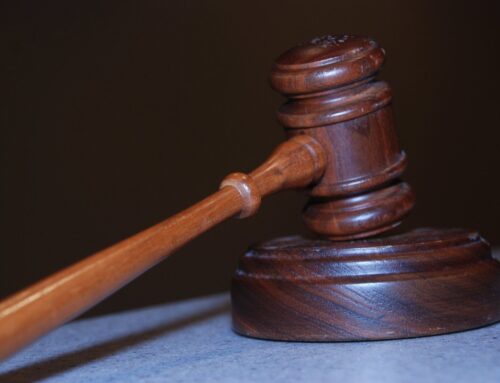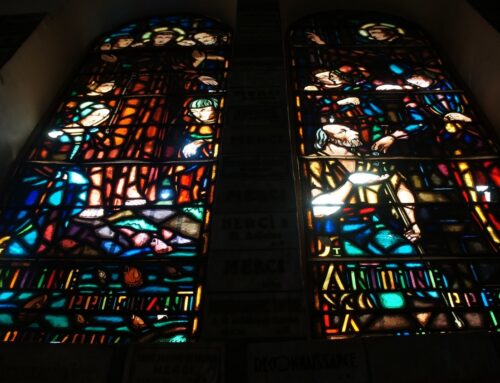Communist China Expands Crackdown on Independent Churches
July 18, 2025
By AGENCY ICC / Press
Reprinted from Harbinger’s Daily
Recent reports and firsthand testimony from Christians in China indicate that the Chinese government is persecuting the church with renewed vigor as it implements new regulations on foreign missionaries and the worship practices of local believers.
In April, the Chinese Communist Party (CCP) released new regulations reinforcing its ban on independent foreign missionary activity. While the CCP does allow a small number of missionaries to operate under strict government control, these regulations prohibit foreigners from preaching, sharing their faith, or establishing religious organizations without official approval.
In May, the government announced the “2025 Church Music Ministry Blueprint,” establishing strict guidelines for worship in government-approved churches. Among other provisions, the blueprint calls for the creation of new hymns to spread CCP propaganda and the alteration of existing worship music to align with official party dogma.
According to Bob Fu, president of ChinaAid, Christians worshipping in government-approved Three-Self Patriotic Movement (TSPM) churches must now sing songs in praise of communist heroes and the CCP itself before singing songs of praise to Jesus.
The CCP has long leveraged the Three-Self church to advance communist ideology through tight control of foreign missionaries, oversight of sermons, and a requirement that churches advance party ideals over theology.
Justifying these regulations, Chinese state media claimed that the newly revised rules promote national security — a common justification for CCP persecution of religion — and help to protect “normal religious activities,” referring to activities run under strict government oversight as part of state-run religious institutions.
State-Run Alternative to the Independent Church
The CCP has long regarded independent religious practice as a threat to its authority, perceiving spiritual loyalty as inherently incompatible with the Party’s demand for ideological control. In this view, any religious expression outside the bounds of state supervision is suspect — labeled as “cultish” or “extremist” — regardless of its actual doctrine or conduct. As a result, all legally sanctioned Christian activity in China is funneled through state-managed institutions designed to subordinate theology to Party interests.
Two central instruments of this strategy are the Protestant TSPM and the CCPA. These official churches function not simply as places of worship, but as ideological platforms. Through sermons, music, and community engagement, they propagate Party narratives, promote the cult of personality surrounding President Xi Jinping, and suppress elements of faith deemed inconsistent with socialist values.
Independent house churches that operate outside this framework face persistent repression. Their leaders are frequently detained, and their congregations harassed under vague charges such as “endangering state security.” The government’s goal is not only to disband unsanctioned religious networks but also to coerce believers into joining the state-approved religious system, where worship is permitted only within tightly controlled ideological parameters.
Long History of Persecution
China is known to have forced abortions on its citizens, sterilized women without their consent, and murdered religious minorities to sell their organs on the black market. In many cases, religious communities are targeted for this type of mistreatment. Christian home churches are an attempt to escape government scrutiny, but even they are often raided and their members arrested on charges of working against the interests of the state.
China is a world leader in the use of technology to surveil and repress its citizens. While the full extent of its surveillance apparatus is unknown, research has shown that it operates a system that aims to track every citizen’s movements to gain insight into their loyalty to the CCP. From mundane details like what a person wears to larger observations like who they associate with, the system works to track and understand the loyalty of each citizen.
Chinese government officials use the data captured by this system to track and control those they deem a danger to the state. Notably, this includes anybody associated with the unregistered house church movement and anyone else who might desire to practice religion outside the confines of state-run institutions such as the CCPA.
RELATED:







Leave A Comment
You must be logged in to post a comment.